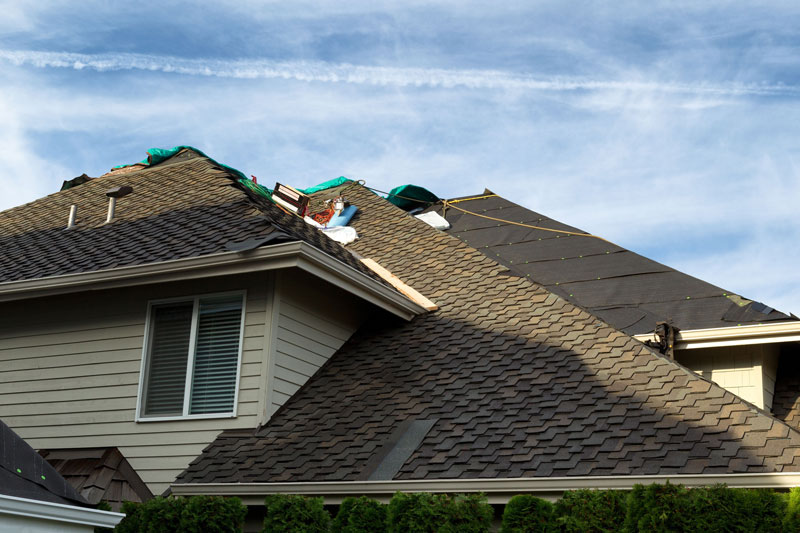
Replacing the roof of your home is a significant investment that requires careful planning and budgeting. While a new roof can enhance the appearance, functionality, and value of your home, it’s essential to understand the various factors that influence the cost of replacement. In this article, we’ll explore the factors that contribute to home roof replacement cost, provide insights into budgeting for this important project, and offer tips for minimizing expenses while ensuring quality and durability.
Factors Influencing Home Roof Replacement Cost:
- Roof Size: The size of your roof is one of the most significant factors influencing replacement cost. Larger roofs require more materials and labor to replace, resulting in higher overall costs. Roof size is typically measured in square feet, and contractors use this measurement to estimate the amount of roofing material needed for the project.
- Roofing Material: The choice of supermanfanart.com/ significantly impacts the cost of replacement. Common roofing materials include asphalt shingles, metal roofing, tile, and wood shakes. Each material has its own price range, with asphalt shingles being the most affordable and wood shakes or metal roofing typically costing more. Additionally, specialty materials or custom designs may incur higher costs.
- Roof Complexity: The complexity of your roof’s design and structure can affect replacement costs. Roofs with multiple angles, dormers, valleys, and other architectural features require more time and labor to replace compared to simple, gable roofs. Additionally, roofs with multiple layers of existing roofing material may require additional labor to remove and dispose of the old material before installing the new roof.
- Labor Costs: Labor costs for roof replacement vary depending on factors such as the location of your home, the availability of skilled labor, and the contractor’s experience and reputation. Roofing contractors typically charge by the square foot or by the hour, and rates may vary widely depending on these factors. It’s essential to obtain multiple quotes from reputable contractors to ensure you’re getting a fair price for the work.
- Additional Expenses: In addition to material and labor costs, there may be additional expenses associated with roof replacement, such as permits, disposal fees for old roofing material, and any necessary repairs to the roof structure. These costs should be factored into your overall budget to avoid surprises during the project.
Average Cost of Home Roof Replacement:
While the cost of home roof replacement can vary widely depending on the factors mentioned above, homeowners can expect to pay anywhere from $5,000 to $20,000 or more for a standard asphalt shingle roof replacement on an average-sized home. Metal roofing and other premium materials may cost significantly more, with prices ranging from $10,000 to $30,000 or more depending on the size and complexity of the roof.
Tips for Budgeting for Home Roof Replacement:
- Obtain Multiple Quotes: Don’t settle for the first quote you receive. Obtain estimates from at least three reputable roofing contractors to compare prices and ensure you’re getting a competitive rate for the work.
- Consider Long-Term Value: While upfront costs are important, it’s essential to consider the long-term value and durability of different roofing materials. Investing in high-quality materials may save you money in the long run by reducing the need for frequent repairs and replacements.
- Explore Financing Options: If you’re unable to pay for the roof replacement upfront, explore financing options such as home equity loans, personal loans, or financing plans offered by roofing contractors. Be sure to compare interest rates and terms to find the best option for your financial situation.
- Plan for Contingencies: It’s wise to set aside a contingency fund to cover unexpected expenses that may arise during the roof replacement process. This can help prevent budget overruns and ensure the project stays on track.
Conclusion:
Replacing the roof of your home is a significant investment that requires careful planning and budgeting. By understanding the factors that influence home roof replacement cost and taking steps to minimize expenses while ensuring quality and durability, you can successfully complete this essential project and protect your home for years to come.
